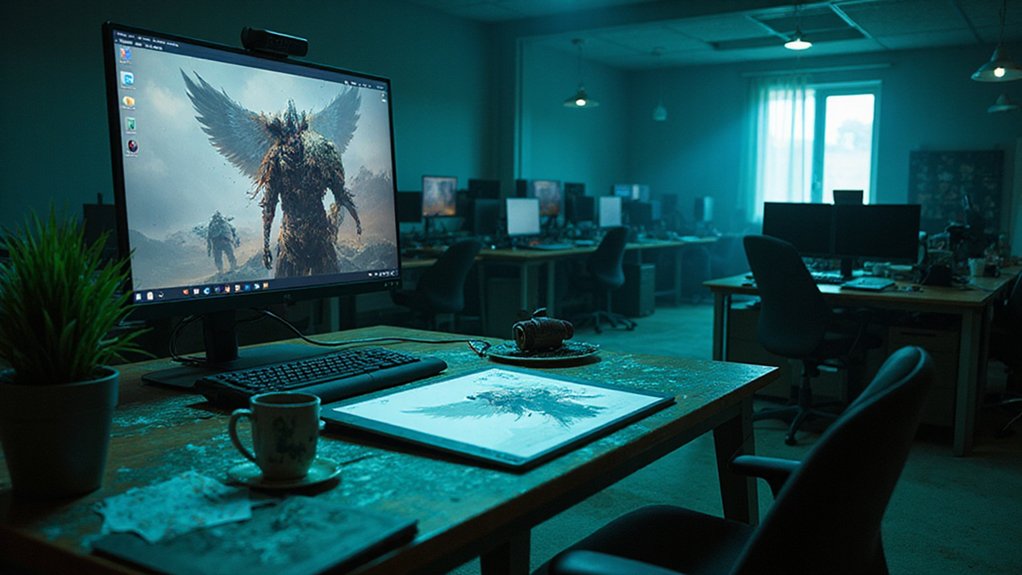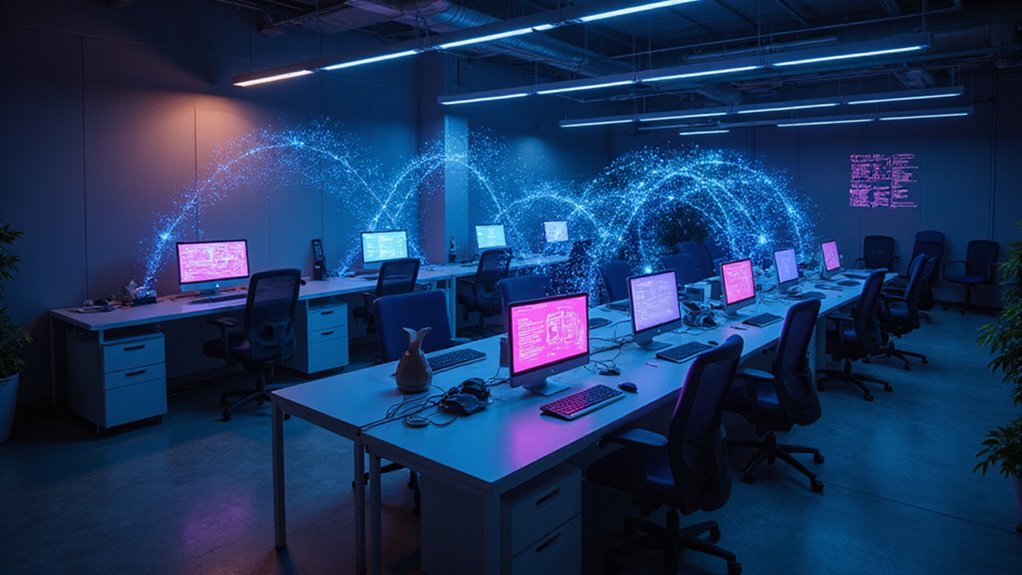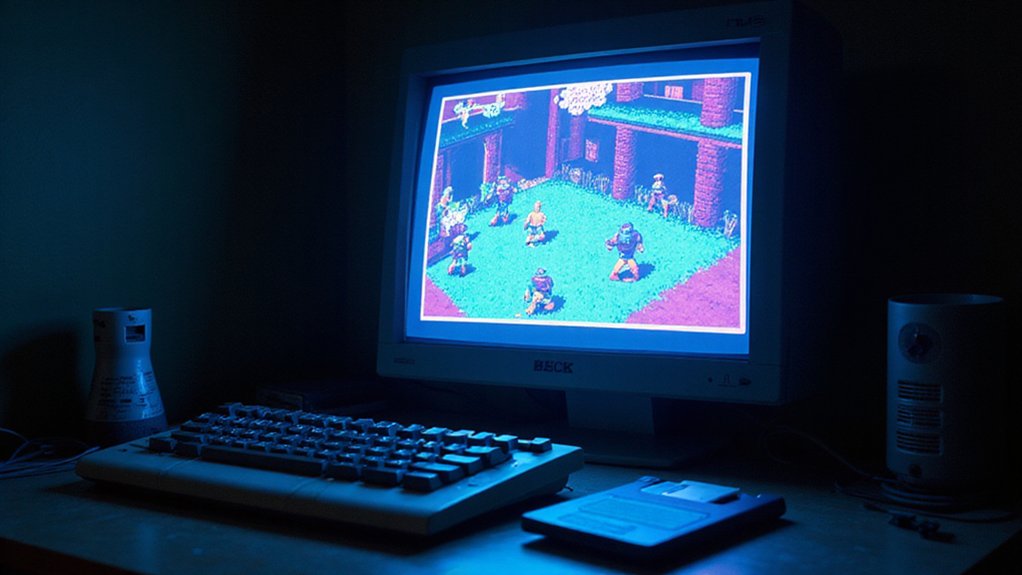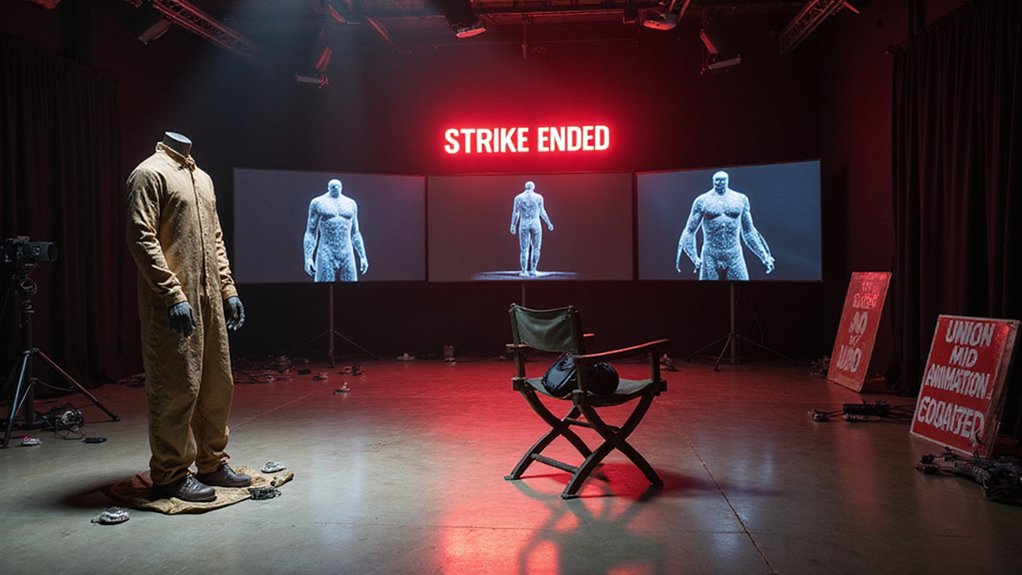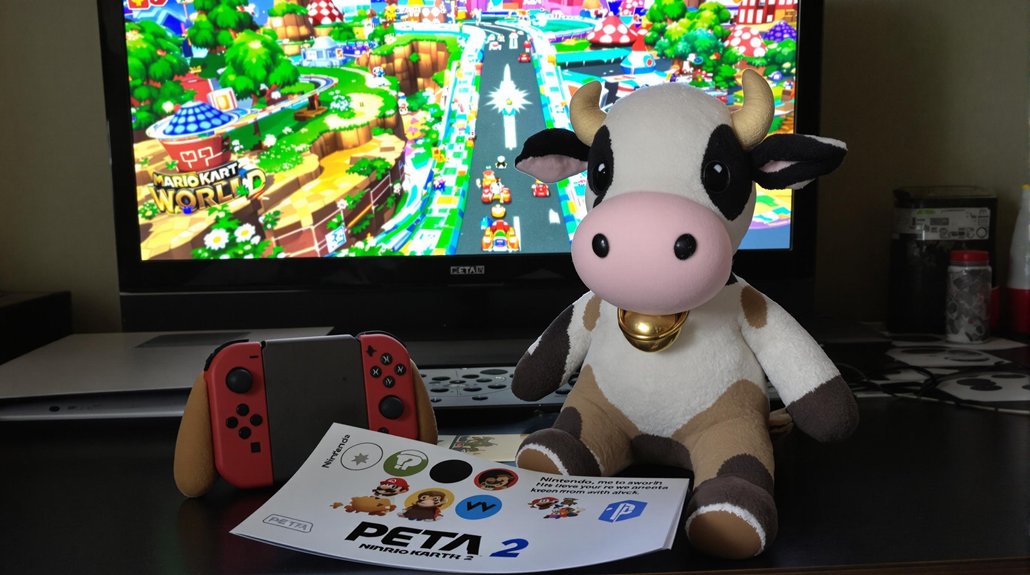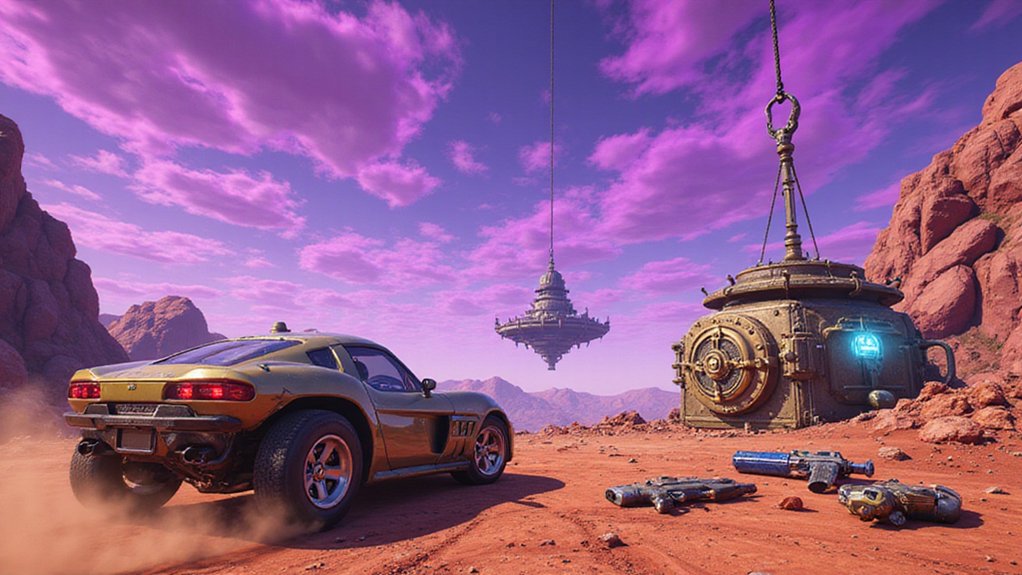AI is rapidly transforming the gaming industry, threatening jobs and creative roles. With 10,000 developers laid off in 2023 alone, many artists now fix AI content rather than create original work. Major companies like Electronic Arts and Ubisoft heavily invest in AI, primarily to cut costs. Players have pushed back against AI-generated content in games like The Finals and Foamstars. The future of game development hangs in a delicate balance between automation and human creativity.
Video game developers are sounding the alarm as artificial intelligence threatens to reshape their industry. The gaming world is deeply divided over AI, with many workers worried about their jobs and creative liberty. Despite a boom during the pandemic, thousands have already lost their jobs across major gaming companies.
Jess Hyland, a video game artist with nearly 15 years of experience, fears for her career as AI tools become more common. Many artists report being asked to fix AI-generated content rather than create original work. This shift has become “an overwhelmingly negative and demoralizing force” according to some developers.
AI is transforming artists into fixers rather than creators, crushing morale across the game development community.
Large companies like Nvidia, Electronic Arts, and Ubisoft are investing heavily in AI technology. They claim it saves development time and enhances creativity. However, many industry insiders believe these investments are mainly about cutting costs and increasing profits, not improving workplace conditions.
Players have also pushed back against AI use. Games like The Finals and Foamstars faced criticism when players discovered AI-generated content. This suggests gamers still value human-created work over machine-made alternatives.
Small studios face special challenges from AI adoption. Former Jagex developer Chris Knowles points out that independent teams may struggle to compete with larger companies using AI to speed up development. The market is already seeing AI-generated clone games that threaten smaller studios’ ability to stand out.
While AI excels at procedural tasks and data analysis, it lacks the human touch needed for truly engaging games. Developers possess intuition for creating experiences that respond to player actions in ways AI cannot. Some CEOs have transformed from skeptics to aggressive advocates for AI implementation, threatening job security for those who resist adoption.
Composer Borislav Slavov believes AI might help explore new musical directions but cannot replace the emotion humans bring to game soundtracks. This parallels broader workforce concerns, with studies revealing up to 40% of global jobs could be affected by AI automation by 2030. Approximately 10,000 developers were laid off in 2023 alone, highlighting the genuine economic threat AI poses to the industry workforce.
AI could serve a complementary role by handling repetitive tasks, liberating humans to focus on creative aspects. However, the industry’s current approach seems focused on replacement rather than collaboration, leaving many developers concerned about the future of their craft.
References
- https://aftermath.site/ai-video-game-development-art-vibe-coding-midjourney
- https://www.thenortherner.com/arts-and-life/2024/03/19/does-this-game-have-a-soul-the-impact-of-artificial-intelligence-on-the-video-game-industry/
- https://whimsygames.co/blog/how-ai-disrupts-the-video-game-industry-in-2024/
- https://dig.watch/updates/concerns-grow-over-ais-impact-on-game-development
- https://ai.engineering.columbia.edu/ai-applications/ai-video-games/
